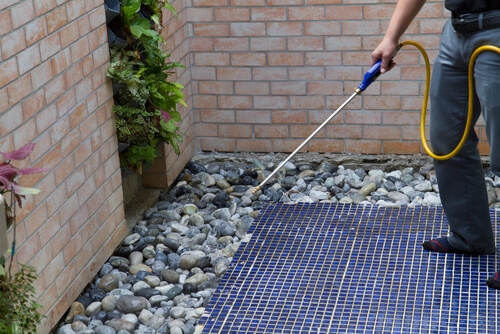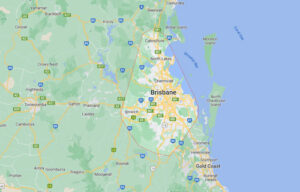Chemical Treatments
Pest control chemicals are the major types of vermin extermination practices used today. Chemicals pest control methods are able to exterminate pests that have not adapted to the deadly substance of the chemical agent and will eradicate the problem fast. Application will eliminate crawling pests that hide in crevices and other small entry points. Here ar Mr Termite Pest Control, we offer professional and effective pest control using
chemical pest control methods
to exterminate infestations.

Chemical Pest Control Methods
Here are some chemical pest control methods that are widely used today in agriculture, domestic and commercial properties for pest control of various insects and rodents:
Insecticides
Any chemical substances that are used for the insect extermination. Insecticide helps eliminate the insect in any life stage, including ovicides, larvicides, eggs and larvae. There is a growing popularity to use insecticide due to the efficiency and affordability.
Precautions should be taken particularly when transporting, mixing and applying insecticides.
Fungicides
The fungicide helps for the destructions of fungi and fungal spores. They can be used to control fungi that damage plants including ruts, mildews and blights. Natural fungicides can be used as a more sustainable and less damaging solution.
A list of natural fungicides include:
- Tea tree oil
- Rosemary oil
- Oregano oil
- Jojoba oil
- Citronella oil
- Monocerin
- Nimbin
Nematicides
Nematicide is a chemical pesticide that kills the nematodes which parasitize on plants. Neem oil is the natural extract of the nematicide. The low volatility spreads easily after sprayed on soil and non-fumigant nematicide spreads faster when water has been applied. Some side effects of nematicides include exposure to chemicals, pesticide poisoning and groundwater contamination with toxins.
Rodenticides
Rodenticides are a popular household pest control chemical pesticide designed to eliminate rodents such as mice and rats.
Usually applied in the form of food which the rodents consume, rodenticides are lethal and do not serve only as repellents. After consuming, the chemical causes dehydration and haemorrhage in the rodent.
A list of rodenticides include:
- Warfarin
- Chlorophacinone
- Zinc phosphide
- Bromadiolone
- Diphacinone
We are the professionals of the industry and will always provide a solution that is professional and dedicated pest control tailored to your needs. Talk to us today on 0411 642 351 or email [email protected] about your requirements and we will consult with you to eliminate and avoid any pests that get in your way.


